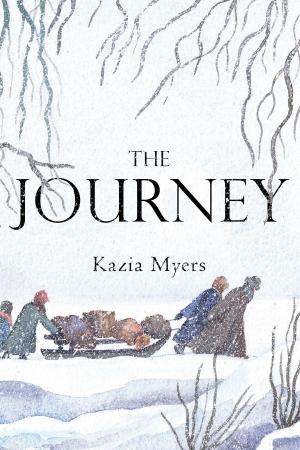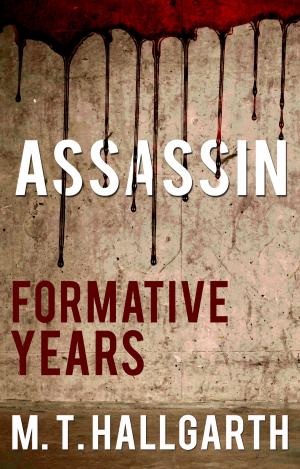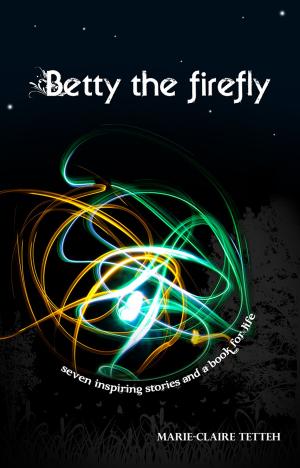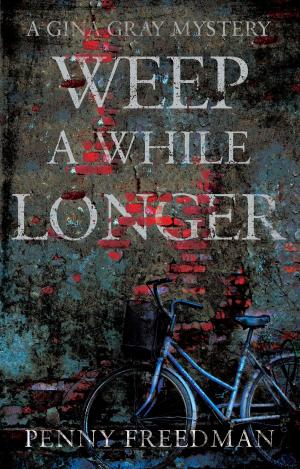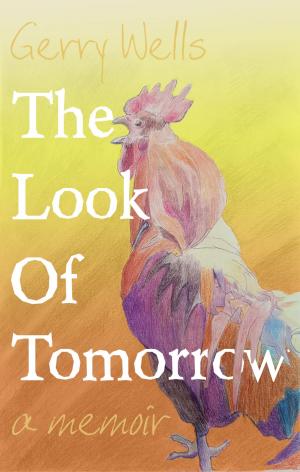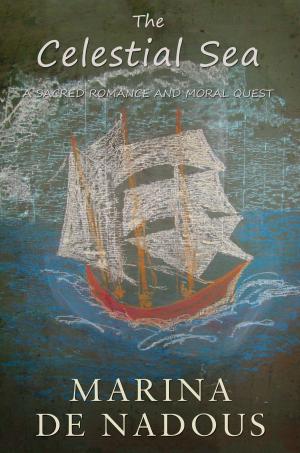| Author: | Paul Beatty | ISBN: | 9781780886633 |
| Publisher: | Troubador Publishing Ltd | Publication: | February 1, 2013 |
| Imprint: | Matador | Language: | English |
| Author: | Paul Beatty |
| ISBN: | 9781780886633 |
| Publisher: | Troubador Publishing Ltd |
| Publication: | February 1, 2013 |
| Imprint: | Matador |
| Language: | English |
Not far in the future, Francesca is an apprentice in the idyllic, agrarian community of Heron Fleet. She loves her impetuous partner Anya and the community acts as mother and father to her, as its founders intended. But outside Heron Fleet, the world is violent. Only a remnant of city populations, organised into violent despotic scavenger gangs, cling on by combing through rubble in search of food. They are the survivors of an ecological disaster. The causes have been forgotten, but the climate suffers with harsh, cold winters and short, hot summers. Between these two worlds, Tobias trades food gathered from agrarian communities for raw materials from the cities. But most of all he seeks books that might help him understand what happened to the climate; he believes that if humans are to have a long-term future, the agrarian communities must expand. Francesca rescues Tobias when his boat is wrecked by a storm and his arrival coincides with a crisis in Francesca and Anya’s relationship. This pushes Heron Fleet into a turmoil, which threatens the community’s cohesion and brings the ethical basis on which the community was originally formed into doubt. Heron Fleet asks many questions. To what extent is necessity an excuse for the suppression of basic human rights? How easy would it be for our comfortable society to become poor, nasty and brutish? Is there a natural urge to be literate? What is the proper duty of the individual to the community? The book, which has been inspired by a number of authors, including Margaret Atwood, John Christopher and Russell Hoban, will appeal to fans of speculative literature. Author Paul weaves gripping dystopian fiction with an underlying theme of global warming, posing questions about human nature and needs – both for today’s society and for the future.
Not far in the future, Francesca is an apprentice in the idyllic, agrarian community of Heron Fleet. She loves her impetuous partner Anya and the community acts as mother and father to her, as its founders intended. But outside Heron Fleet, the world is violent. Only a remnant of city populations, organised into violent despotic scavenger gangs, cling on by combing through rubble in search of food. They are the survivors of an ecological disaster. The causes have been forgotten, but the climate suffers with harsh, cold winters and short, hot summers. Between these two worlds, Tobias trades food gathered from agrarian communities for raw materials from the cities. But most of all he seeks books that might help him understand what happened to the climate; he believes that if humans are to have a long-term future, the agrarian communities must expand. Francesca rescues Tobias when his boat is wrecked by a storm and his arrival coincides with a crisis in Francesca and Anya’s relationship. This pushes Heron Fleet into a turmoil, which threatens the community’s cohesion and brings the ethical basis on which the community was originally formed into doubt. Heron Fleet asks many questions. To what extent is necessity an excuse for the suppression of basic human rights? How easy would it be for our comfortable society to become poor, nasty and brutish? Is there a natural urge to be literate? What is the proper duty of the individual to the community? The book, which has been inspired by a number of authors, including Margaret Atwood, John Christopher and Russell Hoban, will appeal to fans of speculative literature. Author Paul weaves gripping dystopian fiction with an underlying theme of global warming, posing questions about human nature and needs – both for today’s society and for the future.

